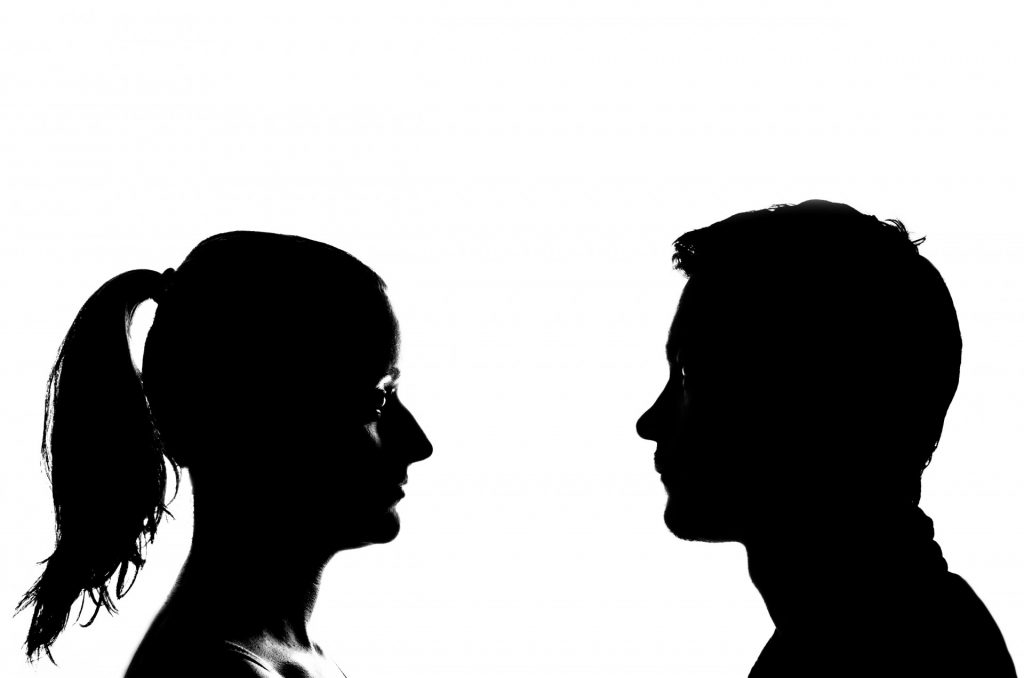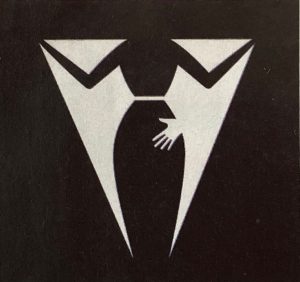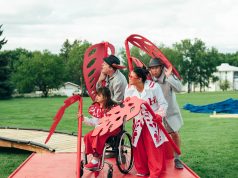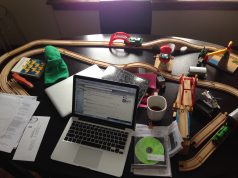
Sexual harassment is as much about sex as racism is about race.
In both cases, what we’re really talking about is power. Who has it, who doesn’t, and who feels compelled to dominate.
Layers of organizational dysfunction revealed last week within one of Canada’s most impressive theatre companies is the latest in what feels like a torrent of women (and men, but mostly women) daylighting horrible sexual misconduct by professional colleagues. The #metoo movement reveals the ubiquity of these experiences. It would seem we are swimming in contaminated water.
Why all the bad behaviour?
There must be some dopamine rush that is triggered when one elicits a response from someone, seeing them pushed off balance by something you’ve done, or frozen like a fearful animal. I can see how, if one were powerless, the rush of causing something to happen would be seductive, alluring.
And yet it’s the people with the power who are being accused.
My theater training at SFU’s School for the Contemporary Arts seems anomalous because our teachers spoke openly of the “monsters” in the work. There are directors (or teachers even, gag me with a spoon), they warned us, who will abuse the vulnerability inherent in training as an actor. They will desire you, your body, your allegiance, your devotion. Beware.
When we train as artists, we are asked to be open, to feel things, to respond to others, and to show all this to a room of strangers. If your training ensemble was like mine, you might have developed a culture that was more permissive of sexual frankness. Then you might have transferred the permissiveness and safety you had with your ensemble to your work group. Then people start making jokes, haha, don’t be that way it’s just a joke. So you grew a thick skin to navigate the professional world that surrounds the artistic practice. And somehow you manage to acrobatically leap from locker room talk to naked, vulnerable soul and it’s bullshit and no one gets paid enough to deal with what it does to your psyche.

So I buy my own drinks. I’m careful about accepting rides home, about being alone with men, talking about projects over dinner and drinks (“oh! It’s just the two of us?”). And I never ever go up to someone’s hotel room alone unless I want to fuck.
But all this advice is defensive. It puts the onus on the potential victims NOT TO BE VICTIMS. As if we can preemptively counsel away their trauma.

So while we’re teaching the next generation of artists how to stand up to predators and where to seek help if they run into trouble, at the same time trying to inspire bravery and vulnerability in their work, how about this: let’s also teach the next generation (and this generation for that matter) how NOT to be creepy creepers.
Here’s a list:
- KEEP YOUR HANDS TO YOURSELF. This is so elementary. I’ve been telling my kids this for years and they’ve only been around for five. NOTE: this rule applies to all body parts.
- PRIVATE PARTS ARE PRIVATE. You must ask for and receive permission to show your genitals to another person.
- CONSENT. Your yoga teacher should ask for consent before they make a physical adjustment and so should you. When you are directing scenes or working with others’ bodies try these phrases:
“I’m going to touch your shoulder, is that ok?”
“May I demonstrate?” - DON’T TALK ABOUT OTHER PEOPLE’S BODIES. Keep your observations for your morning pages or diary or process journal or whatever. Things like “you look beautiful”, “you’ve lost weight”, “my your legs/breasts/ankles/whatever are gorgeous/soft/sexy/whatever” have no place in a professional context, which is what a rehearsal room is.
- KEEP FEELINGS OF DESIRE OUT OF THE WORKPLACE. If you are someone’s boss or supervisor, if you are older or more experienced, you wield power. Chances are NO they don’t feel the same way you do and YES now things are awkward and NO they probably won’t say anything because (let’s say it together) YOU HAVE THE POWER. Your desire is not their problem, it’s yours. So deal with it. Yourself.
- BONUS: SEX JOKES ARE NOT FUNNY. People might laugh, but trust me on this. Not funny.

If you are worried that this is you, it might be. I, too, have used my sexuality to pressure and manipulate as a collaborator. And while women wield sexuality differently than men, the behaviour is still manipulative and unacceptable. We can change.
If you think this is all bullshit, then it is you. It’s you, pal.
Call it political correctness, call it being overly sensitive, call it the feminization of the workplace, I don’t care. I see no problem with a world where people honour each other’s boundaries and put meticulous effort into building trust and inspiring consensus among a group of intelligent, trained, and articulate artists. Not out of fear of getting caught, but out of respect.
That work is difficult. Sexual harassment—any form of bullying and coercion—is a short cut. Sure, you might “get people to do what you want” by exerting your will and authority, but it’s still bad behaviour. And the slow-motion, overly-public implosion of Toronto’s Soulpepper Theatre shows that bad behaviour is damaging to the humanity at the very core of our art-form. It’s also bad for business.









